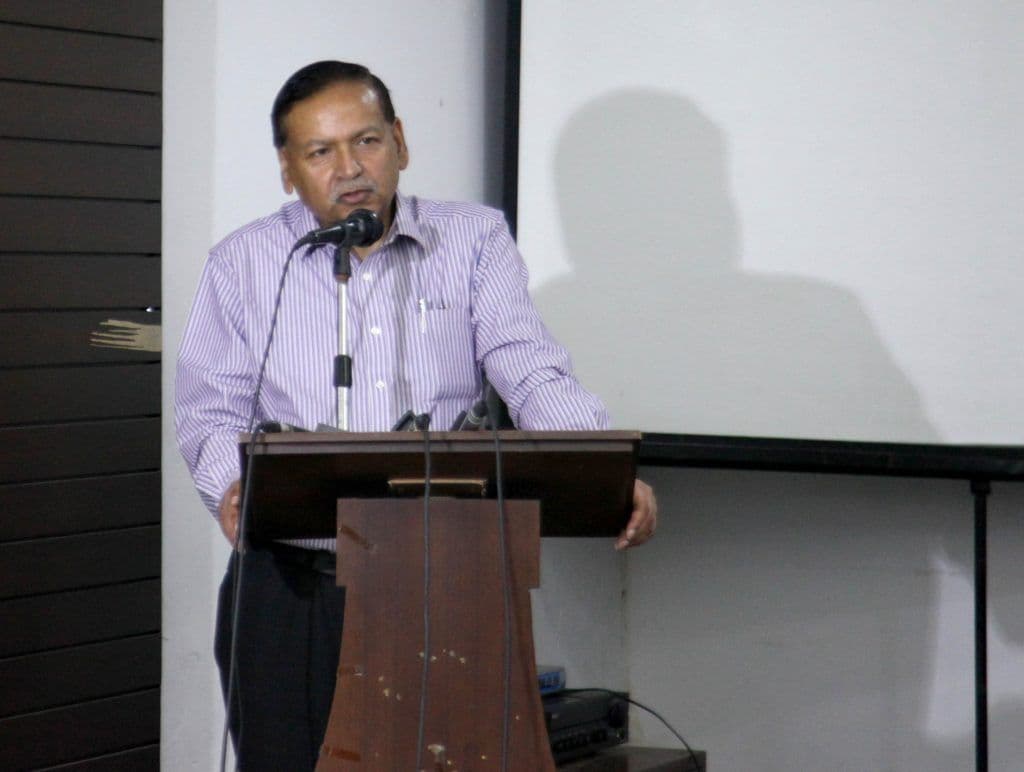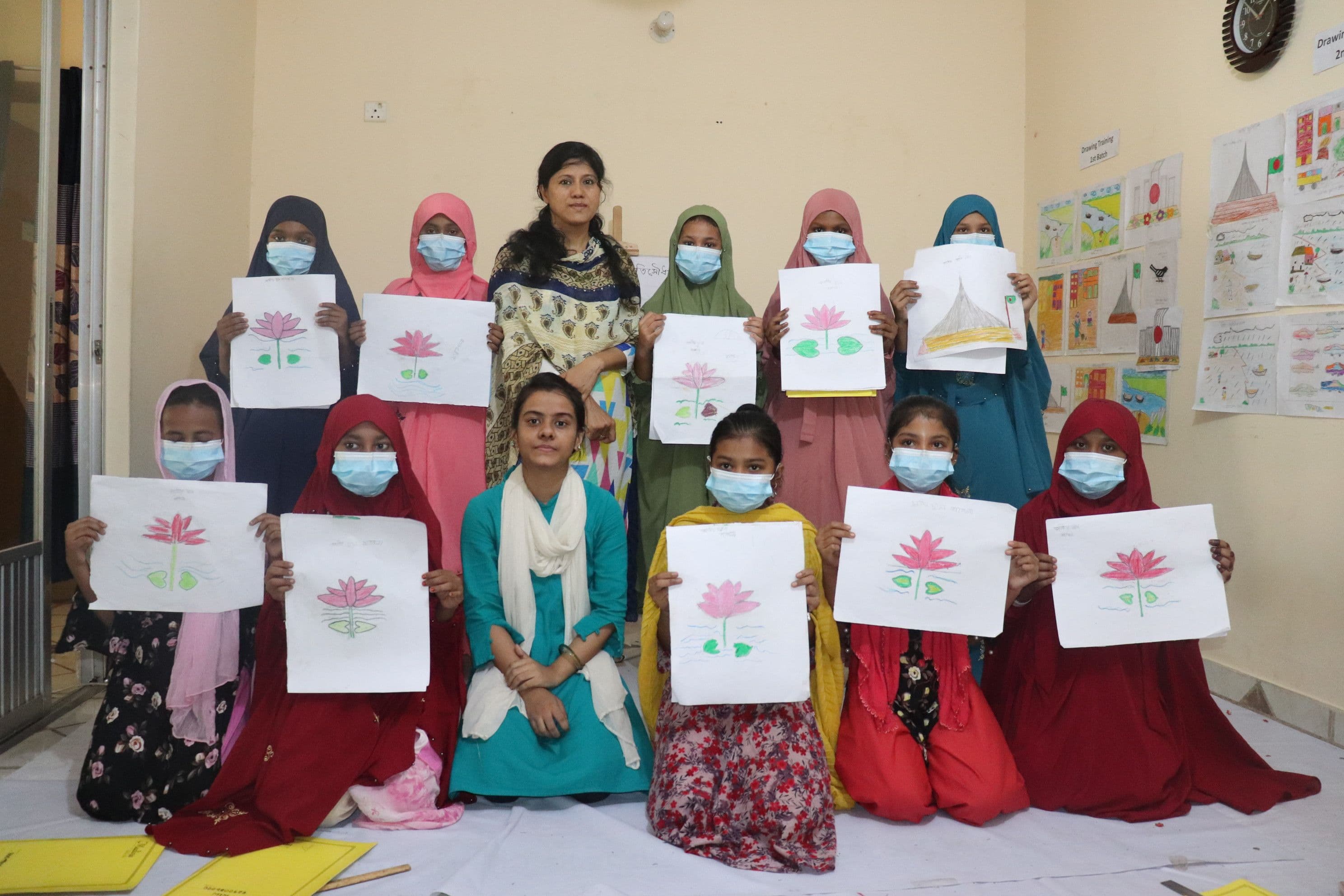During the 5-day Global Platform on Disaster Risk Reduction (GPDRR) conference 2019 in Geneva, Bangladesh has been showcased as one of the most resilient countries in the world. But it remains one of the most vulnerable countries to the adverse impacts of climate change and disasters many challenges including rising temperature and increasing population. And to achieve Sustainable Development Goals in Bangladesh, it is important to incorporate climate change, disasters and associated uncertainty into our development programme. National budget plays crucial role in this regard.
In this backdrop, ActionAid Bangladesh and International Centre for Climate Change and Development (ICCCAD) jointly organized a conference titled ‘National Budget 2019-20: Bangladesh on the Pathway to Achieve Climate Resilience’ on 30 May 2019 at the National Press Club.
During the conference, the climate experts urged for greater allocation of climate as well as bringing qualitative change.
They said, climate migrants might affect the government’s vision of turning Bangladesh into a climate resilient country by 2030 creating more socio-economic challenges.

Mentioning a recent research, Saleemul Huq, director of ICCCAD, said, around 10 million people in the country might be forced migrate internally within the next two decades due to climate change.
Farah Kabir, country director of ActionAid Bangladesh, said, the internal migration problem can only be tackled through proper planning and implementation.
She also stressed the need of coordination among different implementing agencies of climate change programmes.
Through climate budget allocation, Bangladesh government has showed its commitment and accountability in addressing climate change induced risks and vulnerability.
The second report on climate sensitive budget outlines the trend of climate relevance in 20 targeted ministries/divisions. The cumulative budget allocation of these twenty ministries/divisions accounts for 45.84 percent of the total national budget of FY2018-19, and out of their total allocation, 8.82 percent is climate relevant. In monetary terms, from FY 2014-15 to FY2018-19 the climate relevant allocation increased from TK. 10,113.39 crore to TK. 18,948.76 crore, which is an increase of 0.19 percentage over the last five years. With flow of finance, to address climate change, being a contested agenda at the global level, Bangladesh has once again shown leadership and proactiveness with the allocation of climate budget.
However, the consequences of 1°C of global warming are already being observed through extreme weather patterns and sea level rise. There is a need for transformation in various sectors including agriculture, energy, transportation and industry, while policies and development frameworks are further strengthened through incorporation of climate action.



